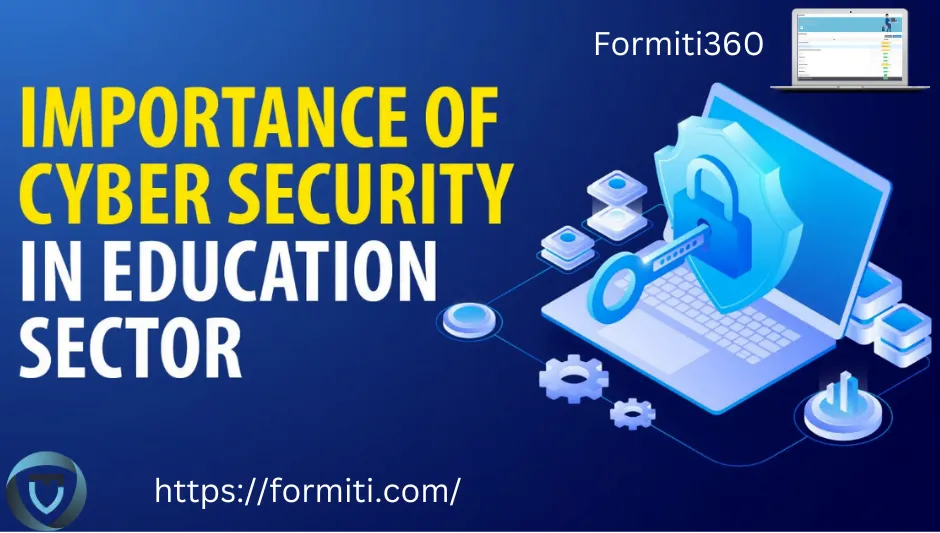Introduction
Its always been the case that educational institutions have become increasingly reliant on technology to enhance the learning experience and streamline administrative processes. However, the convenience of digital tools and data storage comes with the responsibility of safeguarding sensitive information, particularly when it involves children, parents, and teachers. The recent data breach incident at the Southern Association of Independent Schools, Inc (SAIS), which exposed over 684,000 records, underscores the putting International Schools on Alert and to rigorously assess third-party data processors. This article explores the importance of such assessments and offers insights into how international schools can mitigate the risks associated with data breaches.
The SAIS Data Breach: A Wake-Up Call
The data breach at SAIS serves as a stark reminder that even well-established institutions are susceptible to cyber threats. In this breach, personal and confidential information of students, parents, and educators was compromised, leading to potential identity theft, privacy violations, and other serious consequences. The incident underscores the urgent need for international schools to critically evaluate their relationships with third-party data processors, which often handle vast amounts of sensitive information.
The Role of Third-Party Data Processors
International schools often rely on third-party data processors for various purposes, including student information systems, learning management systems, and administrative software. These processors play a crucial role in maintaining the smooth functioning of educational institutions by efficiently managing data and enabling seamless communication. However, the SAIS breach highlights the fact that entrusting sensitive data to third parties also exposes institutions to significant risks.
Importance of Assessing Third-Party Data Processors
- Data Security: International schools must prioritize data security and take proactive measures to ensure that third-party data processors adhere to stringent security protocols. Regular assessments can help identify vulnerabilities and potential weaknesses in data handling and storage, allowing schools to address these issues before they escalate.
- Compliance with Regulations: Many countries have stringent data protection regulations in place, such as the Thailand PDPA , Singapore PDPA, Hong Kong PDPO and the Children’s Online Privacy Protection Act (COPPA) in the United States. International schools operating across borders must ensure that their third-party processors are compliant with these regulations to avoid legal and financial repercussions.
- Reputation and Trust: A data breach not only affects the individuals whose data is compromised but also damages an institution’s reputation and erodes trust. By thoroughly assessing third-party data processors, international schools can demonstrate their commitment to safeguarding sensitive information and maintaining the trust of students, parents, and educators.
Mitigating Risks and Ensuring Accountability
To effectively assess and manage third-party data processors, international schools can implement the following strategies:
- Due Diligence: Before partnering with a data processor, conduct thorough due diligence by evaluating their security measures, data handling practices, and track record of data breaches.
- Contractual Safeguards: Incorporate strong data protection clauses in contracts with third-party processors, outlining expectations for data security, breach notification procedures, and liability.
- Ongoing Monitoring: Regularly review and audit the data handling practices of third-party processors to ensure continued compliance with data protection regulations and security standards.
- Data Minimization: Share only the necessary data with third parties, minimizing the potential impact of a breach and reducing the amount of sensitive information at risk.
Conclusion
The SAIS data breach serves as a sobering reminder that educational institutions must prioritize the security of sensitive information entrusted to them. International schools, in particular, have a responsibility to rigorously assess and monitor third-party data processors to safeguard the personal and confidential data of their students, parents, and teachers. By implementing robust data protection measures and maintaining a vigilant approach to third-party partnerships, international schools can ensure the integrity of their operations while nurturing an environment of trust and safety within their communities.
Formiti delivers excellent global 3rd party due diligence through their services including the Thailand PDPA Service for international Schools.

